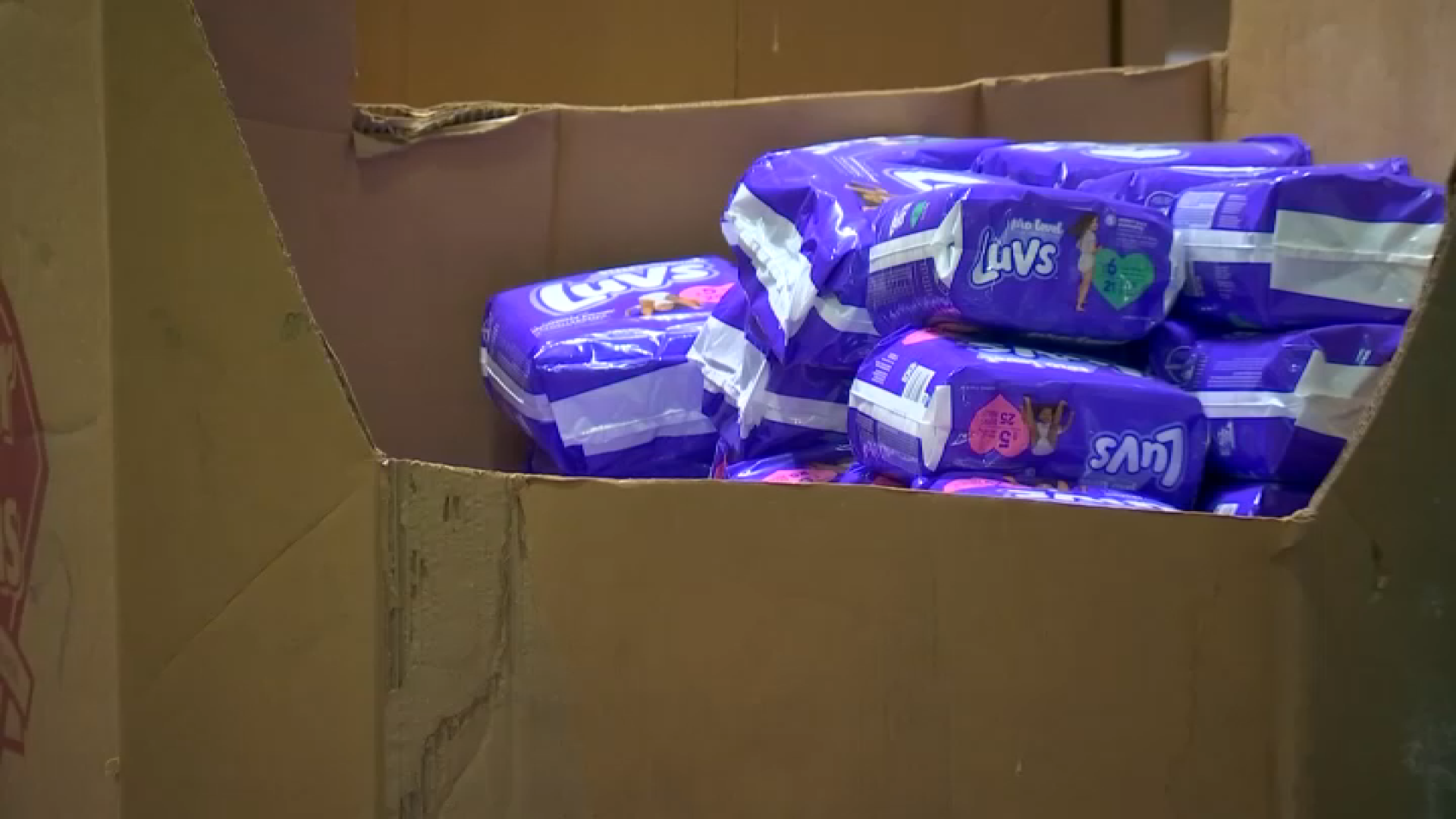One of the prosecution's most important witnesses, an expert on the powerful sedative propofol, testified Thursday that had Dr. Conrad Murray properly monitored his patient and disconnected an infusion of the drug "there would have been no injury to Michael Jackson."
Conrad Murray Trial: Who's Who, Case Timeline, Detectives' Interview
Prosecutors continued questioning Dr. Steven Shafer Thursday afternoon during the 14th day of Murray's involuntary manslaughter trial. As prosecutors displayed a chart showing each hour past midnight on June 25, 2009 -- the day Jackson died -- Shafer provided a timeline of the events that he believes occurred in Jackson's body.
From 11 a.m. to 11:45 a.m., Shafer said Jackson's breathing began to slow. Between 11:30 a.m. and 11:45 a.m., the flow of oxygen to the King of Pop's lungs stopped, Shafer said.
"In 10, 15, 20 minutes, the lungs no longer have enough oxygen for the heart and the heart stops," Shafer told the jury. "He has died, but he has died with the (propofol) infusion still going, and that's why the levels are high. There's no opportunity for the rapid metabolism of propofol to occur."
Murray watched from the defense table as Shafer set a re-enactment in the middle of the courtroom of what he believes is the same arrangement Murray set up in Jackson's bedroom to infuse him with propofol to put him to sleep.
Shafer showed jurors how the IV set, recovered by police, had signs of being jerry-rigged to work.
But he said Jackson's death could have been avoided if Murray had properly monitored his patient. Murray told detectives that he left Jackson's bedroom for about two minutes to use the bathroom after Jackson fell asleep. That was after he administered a dose of propofol.
When he returned, he said he noticed Jackson was not breathing.
"Had Conrad Murray been with Michael Jackson, he would have seen the breathing slow down," Shafer said. "He could have easily turned off the propofol infusion... and there would have been no injury to Michael Jackson."
Local
Get Los Angeles's latest local news on crime, entertainment, weather, schools, COVID, cost of living and more. Here's your go-to source for today's LA news.
Shafer testified that it would have taken more propofol than fits in one syringe to produce the level of propofol found in Jackson's blood.
Shafer also disputed an early defense theory that Jackson caused his own death by swallowing propofol while Murray was out of the bedroom.
"People don't just wake up hellbent to grab the next dose in the syringe, draw it and shove it in the IV again. It's a crazy scenario," said Shafer.
Although the defense has since abandoned the theory, Shafer's testimony is noteworthy because it contradicts a report by the defense's expert on propofol.
Shafer was asked how he felt about Dr. Paul White's suggestion that Jackson could have died by drinking propofol.
"I was disappointed because it's not possible,'' Shafer said.
Doctors Steven Shafer and Paul White attend the same medical conference, and provide their expert analyses for this same high-profile criminal trial.
Murray's defense turned to Dr. White as it tried to develop a theory that Murray did not administer all the medication that killed Jackson. The defense was also, hoping to pursue a second theory that Jackson took another drug, lorazepam. But, Shafer shot down that theory today as well.
Shafer: 17 Violations Contributed to Jackson's Death
Shafer testified for hours Wednesday and told jurors that Murray's violations -- he counted 17 -- were committed during the months before the singer's death and continued during the early morning hours of June 25, 2009.
"Saying yes is not what doctors do,'' Shafer testified Wednesday. "A competent doctor would know you do not do this.''
Among Murray's critical mistakes -- saying yes to using the powerful surgical sedative propofol as a sleep aid. The drug -- Murray told investigators Jackson pleaded for it during a restless night at a rented Holmby Hills mansion -- is usually administered in a surgical setting with life-saving equipment.
Shafer and medical equipment company executive testified that Murray did not have the necessary equipment in the mansion's bedroom.
"The worst disasters occur in sedation and they occur when people cut corners,'' Shafer said. "Virtually none of the safeguards were in place."
But Shafer said Murray committed a more egregious violation when he put his own interests ahead of the pop star's.
"We are in pharmacological never-never land here, something that was done to Michael Jackson and no one else in history to my knowledge,'' Shafer told jurors Thursday, Day 13 of the trial.
Other violations Shafer mentioned: Murray did not keep medical records and delayed calling 911 when he noticed Jackson was not breathing. He also should have told the emergency response team he had administered propofol, Shafer said.
The amount of propofol purchased by Murray also alarmed Shafer. Records show the doctor purchased 130 100ml vials in the three months before his superstar patient's death.
"(That is) an extraordinary amount to purchase to administer to a single individual,'' said Shafer.
Murray's attorneys will cross-examine Shafer Thursday, bringing to a close four weeks of testimony from prosecution witnesses. Those witnesses included paramedics and Jackson employees who responded to the entertainer's bedroom on the day he died, Murray's girlfriends, emergency room doctors, a former Murray patient and other medical professionals.
Many of the witnesses based their testimony on Murray's account of the early hours of June 25, 2009, provided by the doctor during a two-hour interview with detectives two days after Jackson's death. A recording of the interview in which detectives asked Murray for a chronological account of the day Jackson died was played for jurors.
The defense is expected to call about 15 witnesses. It's possible the jury will get the case late next week.
Follow NBCLA for the latest LA news, events and entertainment: Twitter: @NBCLA // Facebook: NBCLA



